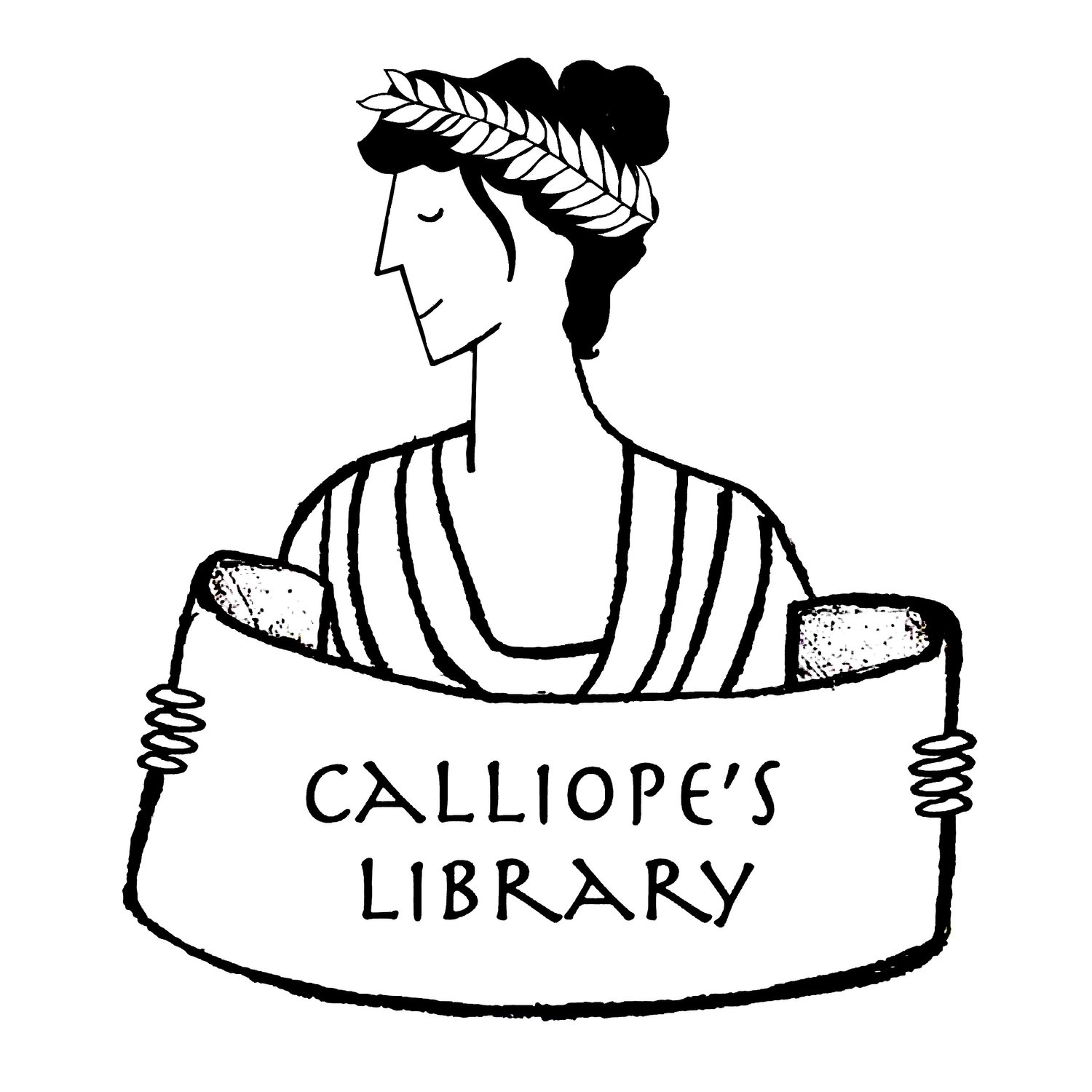Title: Juliet Dove, Queen of Love
Author: Bruce Coville
Date: 2003
Tags: 10+, Middle Grade, Greco-Roman Mythology, Setting: Contemporary, Protagonist: Female, Trojan War, Cupid and Psyche
Readers interested in a scholarly approach to children’s literature may consult this title on Our Mythical Childhood Survey*
This book is part of the Magic Shop Series, but it works fine as a stand-alone. The basic premise is that the Greek goddess of discord, Eris, has taken over the magic shop, and is up to her usual tricks. An unsuspecting middle school girl named Juliet Dove stumbles into the shop and comes away wearing the necklace that made Helen of Troy so beautiful that she launched those thousand ships. Now poor Juliet can’t get the necklace off, and she’s dodging love-sick classmates while trying to break the spell with the help of the Magic Shop’s wisecracking talking rats.
The myth of the Judgement of Paris is behind most of the action of the book, but plenty of other mythical folks have roles to play as well. There’s a blind prophet who gives Juliet the clues to solving her problem, and it’s impossible to tell a story about reckless love without Cupid/Eros showing up. Juliet’s poetry professor dad also gives some helpful information about the different kinds of love in Greek philosophy. Finally, the book has a thoughtful take on the bad behavior of the ancient gods and goddesses that makes their helpful attitudes here make sense.
Don’t think that this book is too serious, though. The boys’ attempts to get Juliet’s attention range from sweet (her best friend Arturo), to adorable (her 7-year-old neighbor), to comic (half of her class). There are winged rats with tiny harps and an imaginary friend shaped like a 12-inch toe. It’s a hilarious story about gaining self-confidence and becoming comfortable in your own skin. – Krishni Burns
* For further information on the Our Mythical Childhood Survey, please refer to the website of the project “Our Mythical Childhood” [link: http://omc.obta.al.uw.edu.pl/], led by Prof. Katarzyna Marciniak at the Faculty of “Artes Liberales,” University of Warsaw, Poland, with the participation of Bar Ilan University, University of New England, University of Roehampton, University of Yaoundé 1, and other affiliated scholars, within the funding from the European Research Council (ERC) under the European Union’s Horizon 2020 Research and Innovation Programme (grant agreement No 681202).


